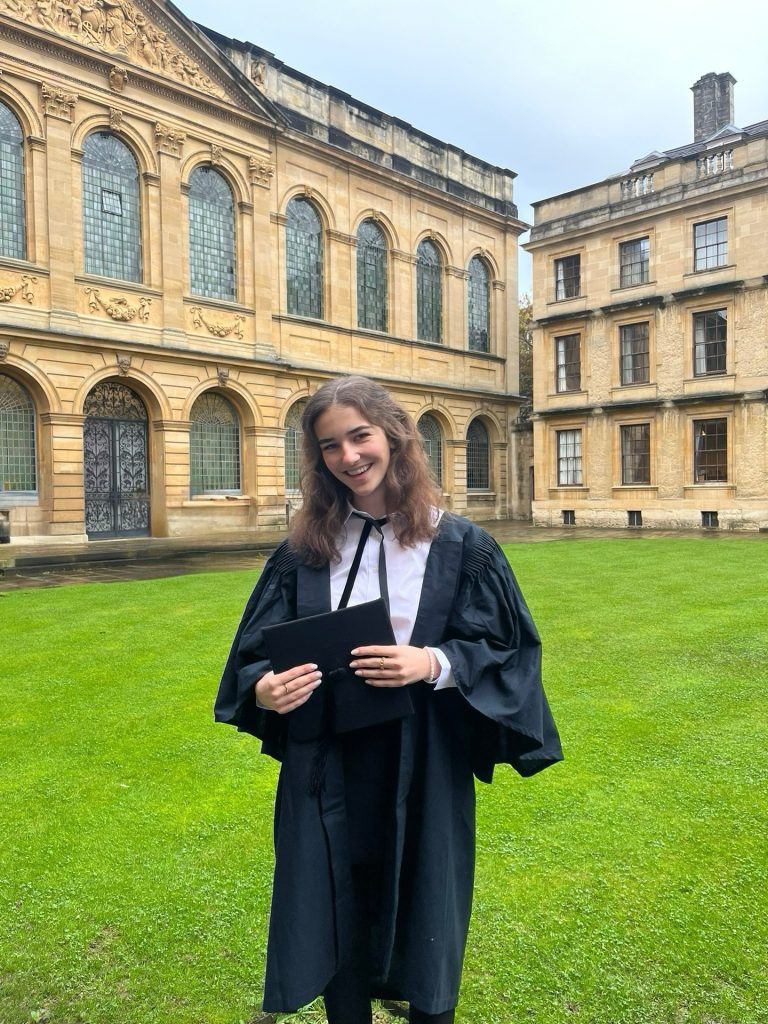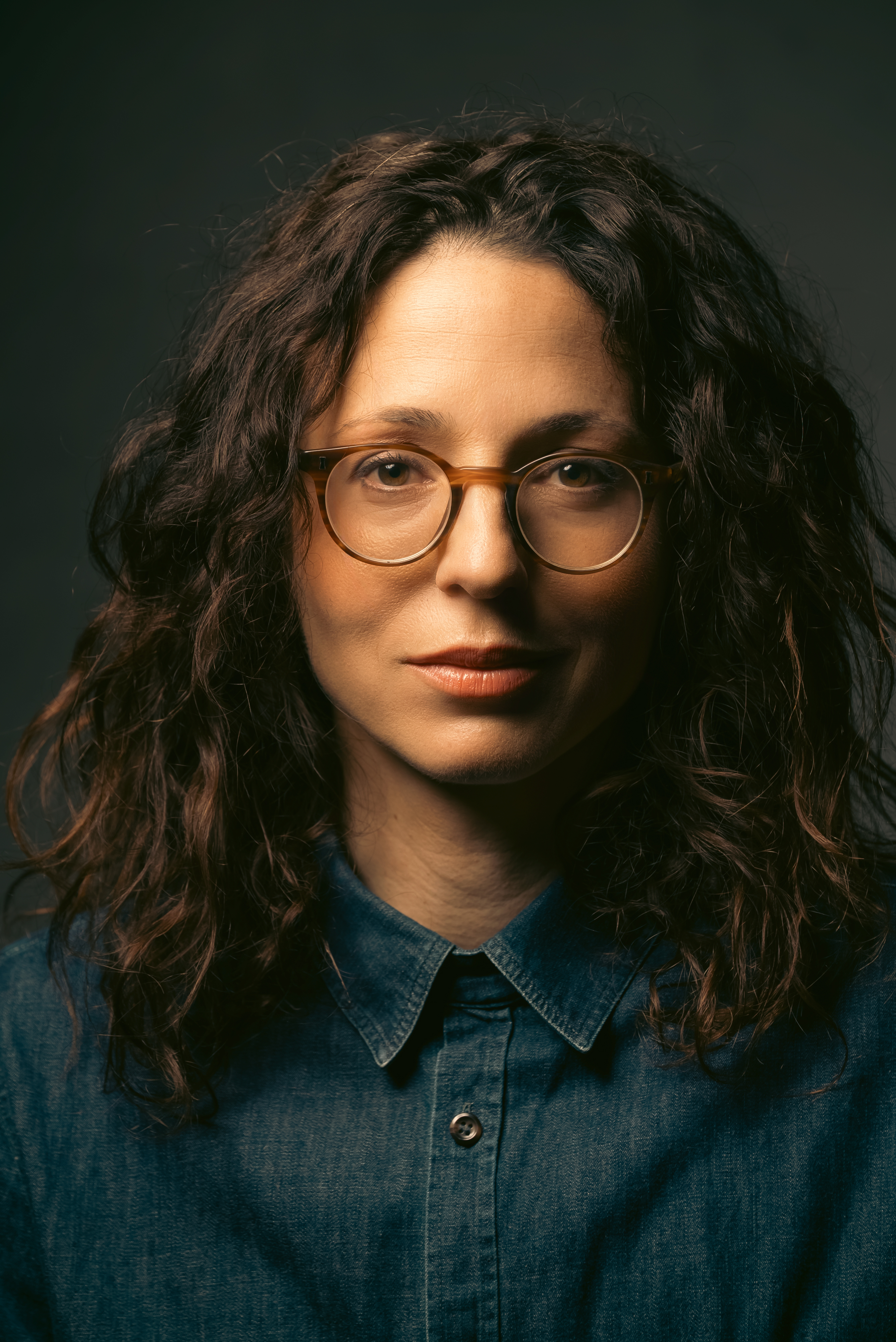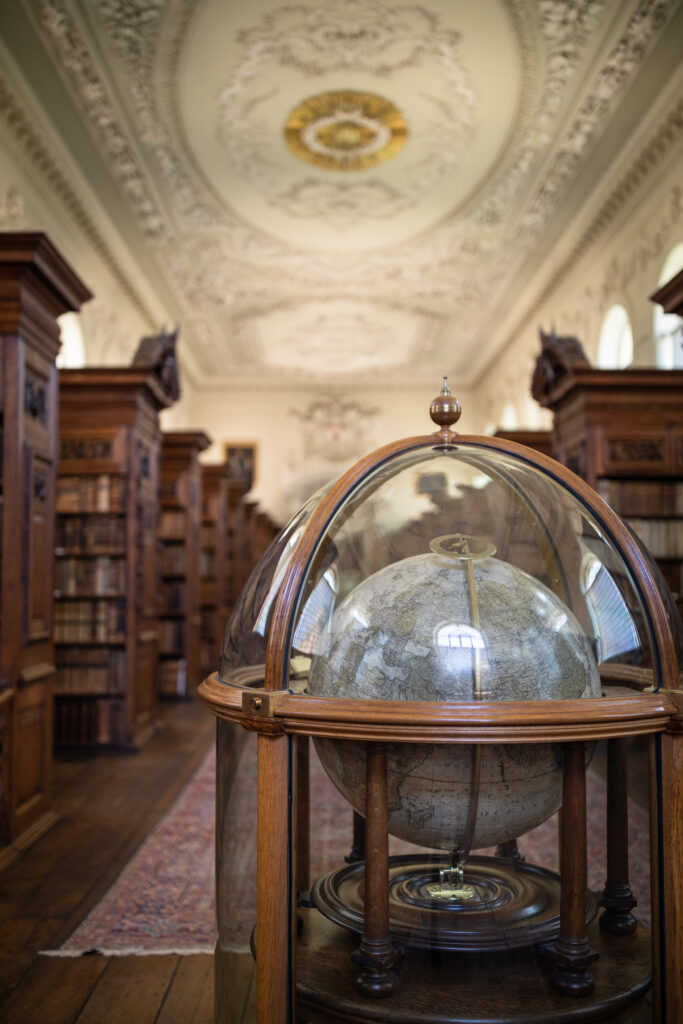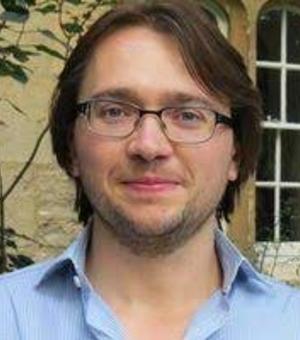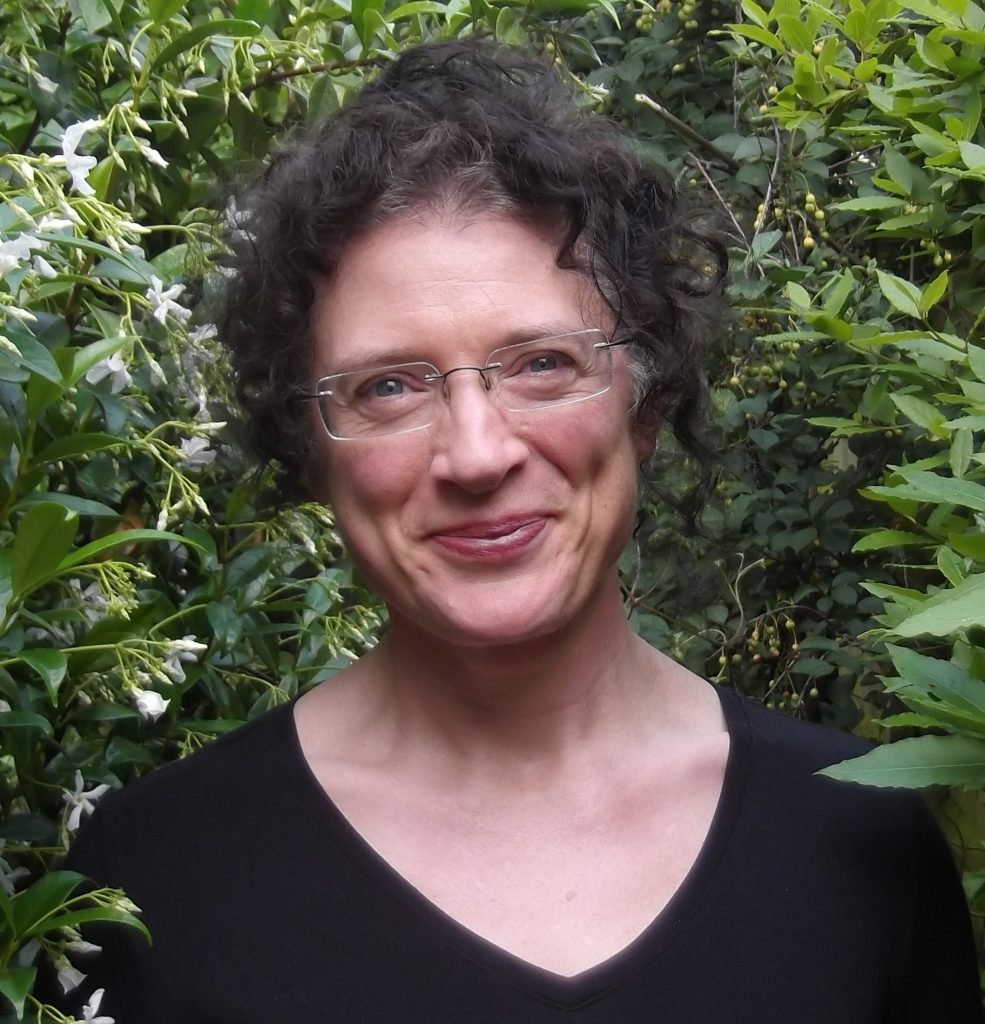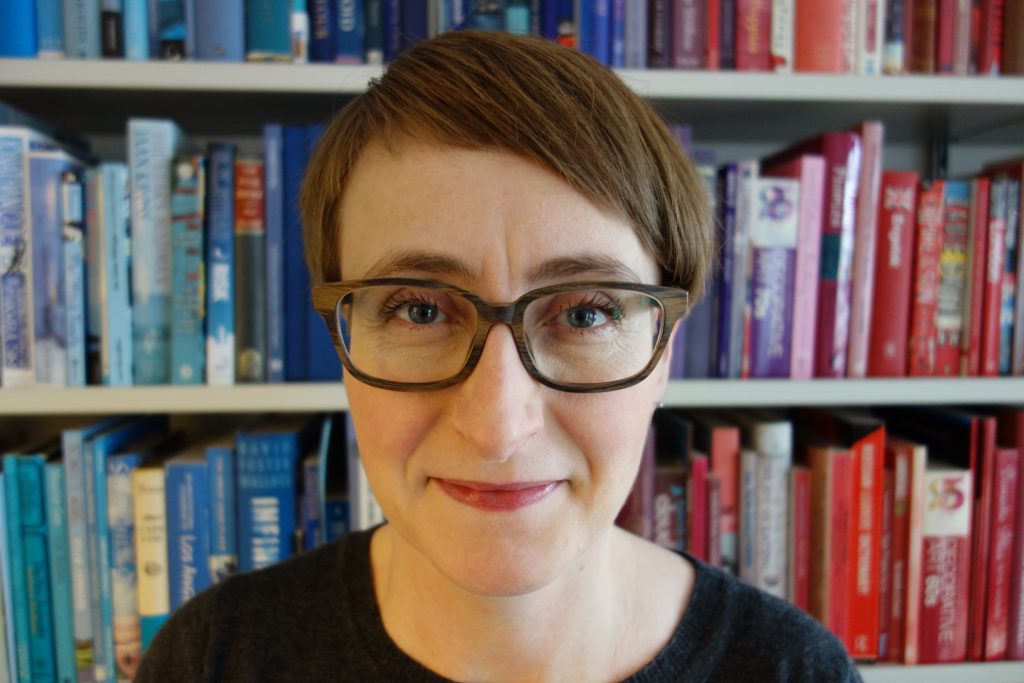Courses
- BA (Hons) English Language and Literature
- BA (Hons) English and Modern Languages
- BA (Hons) Classics and English
- BA (Hons) History and English
Admissions
The College normally admits six or seven students per year for the courses involving English: English Language and Literature, English and Modern Languages, History and English, and Classics and English. Please note that though deferred applications (i.e. for two years ahead of when you apply) are not accepted for the English Language and Literature course, they are for all the joint courses.
The course
The BA (Hons) in English Language and Literature at Oxford is a three-year degree. Its distinctive feature is its historical breadth: you will finish your degree having studied the full range of English literature, with compulsory papers on literature from 650 to the present day and the opportunity to specialise in the areas that interest you most in your final year. There’s more detail about the course on the Faculty website. If you are taking English with another subject, you’ll study roughly half the English degree, and there is the opportunity to combine your two subjects in some of the papers.
English is a very rewarding subject to study at university level. You will develop a deep knowledge of individual authors, literary movements, historical periods, and theoretical approaches that you will draw on for the rest of your life. You will gain skills that will equip you for a wide variety of careers: skills of written and spoken communication, analysis, and interpretation at the highest level. In recent years, students who have studied English at Queen’s have gone into teaching, journalism, publishing, arts administration, marketing, law, acting, public relations, international relations, social policy, and the Civil Service. A significant proportion have loved their course so much that they’ve gone on to Master’s and PhD study. The Faculty website has more information about careers for English students.
Teaching
Studying English at Queen’s means joining a friendly and lively community of students and tutors who will encourage and support you as you encounter new texts and ideas. Most English papers are taught through a combination of Faculty lectures (with students from across the University), and Queen’s classes (with the rest of your Queen’s year group) and tutorials (with one or two other Queen’s students). For example, a typical first-year paper will be taught over one term, and is made up of six tutorials, for which you will write a weekly essay, four classes on historical and critical context, for which you will be asked to prepare reading and perhaps a presentation, and lectures in the Faculty, which you choose yourself, with guidance from your tutor. If you are taking English with another subject, you may take a paper over two terms, alternating between your subjects weekly. You will meet with a tutor every week in the term, and this close attention means that we can provide exactly the support you need to get the most out of the course.
Most of your classes and tutorials will be taught by the Queen’s English tutors: Tamara Atkin, Rebecca Beasley, Joe Hankinson, Amanda Holton, and Daniel Thomas.
At Queen’s we are very lucky to have one of the most beautiful libraries in the world—no exaggeration!—in which to study. The Library has an exceptionally rich collection of rare books, and we regularly use these books for teaching (some of our English students recently curated an exhibition in the Library). You will be able to spend time with first editions of works by some of the greatest writers in English, including Ben Jonson and William Shakespeare, and the Library also holds the manuscript of Thomas Hardy’s last volume of poetry, Winter Words. Queen’s is situated close to the Faculty of English, where you will have your lectures, and the Bodleian, the University’s main library.
There are plenty of opportunities for students to explore their literary interests beyond their tutorials. Many of our students have contributed to the Queen’s creative writing journal, The Rambler, and played a central role in our literary and film societies, and our drama society, The Eglesfield Players. Queen’s students are often involved in creative writing, student journalism, and drama at the University level too. At Queen’s we pride ourselves on creating a friendly, supportive, and inspiring community for students studying English. All the students and tutors in English get together as a group for several events during the year, including our annual play reading and our medieval Yule Feast, which features music, games, food, and drink from the Middle Ages. We are passionate about literature, and we are sure you will enjoy the course here if you feel the same way.
Interviews
The entry requirements for English are the same across the University. We decide who to shortlist for interview on the basis of your UCAS form, your written work, and your mark on the Oxford English Literature Admissions Test (ELAT). We are looking for students who are enthusiastic and thoughtful readers, and we look for future potential as well as current achievement. Queen’s students are ambitious and committed: the majority of students studying English Language and Literature achieve First Class degrees.
In the admissions interviews we want to get a sense of how you think about the literature you’ve read, and about literature that you are seeing for the first time. You’ll have two interviews. If you’re applying for the English Language and Literature course, one interview will be based on discussion of a short literary text supplied shortly before the interview. The other interview will be a general discussion of why you have chosen to read English, and of literature you have read. If you’re applying for English with a modern language or with History or Classics, you will have one interview with the English tutors and one with the tutors in your other subject. The English interview will include both discussion of a short text and a general discussion of your reading in English. We encourage you to think of this as a conversation rather than a test: there are no trick questions in our interviews. We simply want to get the best out of you and we aim to make the interview as rewarding and enjoyable as possible.
